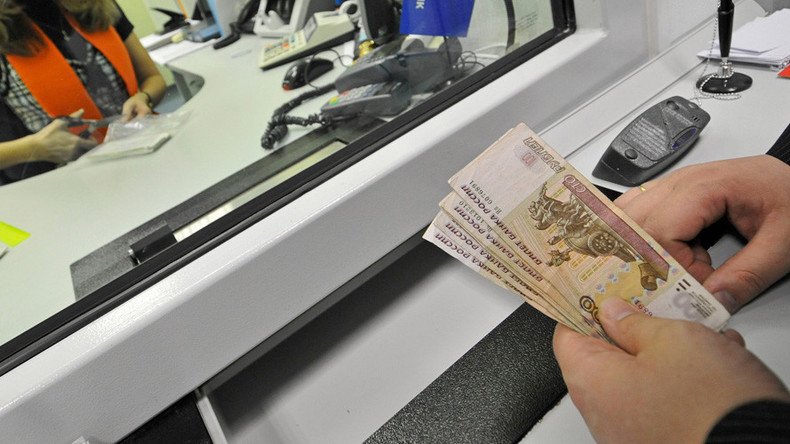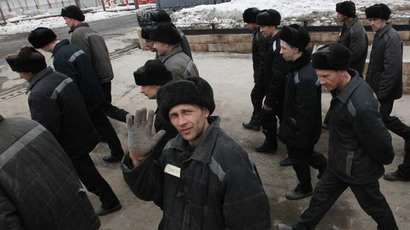Rights activists propose nationwide ‘fine amnesty’ to mark revolution anniversary

The Russian Presidential Human Rights Council proposes writing off all unpaid fines for matters such as traffic violations or improperly registered immigrants, in connection with the 100th anniversary of the 1917 Bolshevik Revolution.
The plan was revealed by the council’s chairman, Mikhail Fedotov, in an interview with Russia-24 TV. The draft bill includes amnesty for crimes committed by women with children, women over 55 years old, and men over 60, as well as veterans. The draft also includes a proposal to write off all unpaid fines.
Fedotov said in the interview that if the council’s draft on amnesty is passed into a law, it would involve “not dozens or hundreds, but thousands of people.”
He also said that amnesty should be connected not only to the Bolshevik Revolution of 1917, but also to all revolutionary events of this period in Russian history – starting with the bourgeois revolution that began in February 1917, and ending with the dissolution of the Constituent Assembly in early 1918.
In late September, Russia’s largest opposition party – the Communists – drafted their own bill proposing major amnesty connected to the anniversary of the revolution.
The Communists proposed that amnesty be granted to convicts who participated in combat defending Russia, those who worked in defense companies in times of war, and those who served in Soviet and Russian military forces deployed in foreign countries in times of conflict – in particular, the Soviet military contingent in Afghanistan.
A similar proposal was drafted in early September by the nationalist-populist Liberal Democratic Party of Russia (LDPR). The LDPR draft offers amnesty to underage convicts and adults who committed crimes before coming of age, disabled people, mothers with small children, pregnant women, and older citizens – women over 55 and men over 60.
The last time Russia announced nationwide amnesty was in 2015, in connection with the 70th anniversary of the victory in World War II. According to the Federal Service for Execution of Punishment, about 225,000 convicts were released from custody or had other punishments lifted.














